In Northern Voices, we can see how Members of the First Seanad were a platform for people in the Unionist and Protestant communities who found themselves in a minority in the new State.
Over time we see an evolution that allowed voices from both traditions in Northern Ireland to be heard in the Seanad.
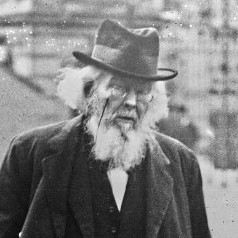
Courtesy of Bibliothèque nationale de France
George Sigerson (1836-1925)
Born near Strabane, County Tyrone, George Sigerson was a physician, scientist, writer and Independent Member of the First Seanad from 1922 to 1925.
He served as temporary Cathaoirleach of the inaugural Seanad in 1922.
Senator Alice Stopford Green, in commenting, said “We have only had notice handed to us as we came in of the business to-day, and we need a little time for consultation. It would be to us an honour if so learned and faithful an historian of Ireland would take the Chair for this day.”
He resigned from the Seanad in early 1923 after a threat by anti-Treaty forces to burn his house and returned in late 1923. Active in the Gaelic revival, he was President of the National Literary Society from 1893 until his death, he was a founding member of Feis Ceoil and he presented the Sigerson Cup for the first Gaelic football competition between colleges in 1911.
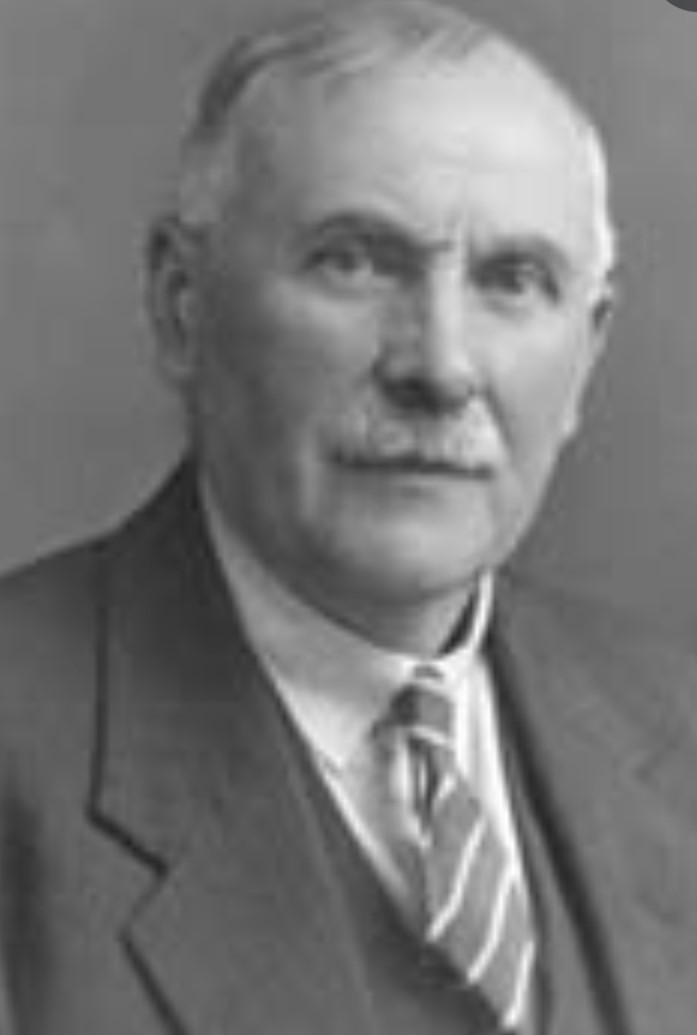
Courtesy of Bernie Bradley
Brian (Bernard) O'Rourke (1874-1956)
Born in Dundalk, County Louth, Brian O'Rourke resided in Innishkeen, County Monaghan, and was a businessman who purchased Belleek Pottery in 1919 and co-founded Arklow Pottery in 1934.
He was held in Richmond Barracks in the aftermath of the Easter Rising and in Belfast jail in 1920.
He was active in both local and national politics and was a Cumann na nGaedheal, later Fine Gael, Member of the First Seanad from 1922 to 1936.
In 1938 he was elected to the Second Seanad on the Industrial and Commercial panel. His Seanad contributions focused on matters such as tariffs, tillage and local government.
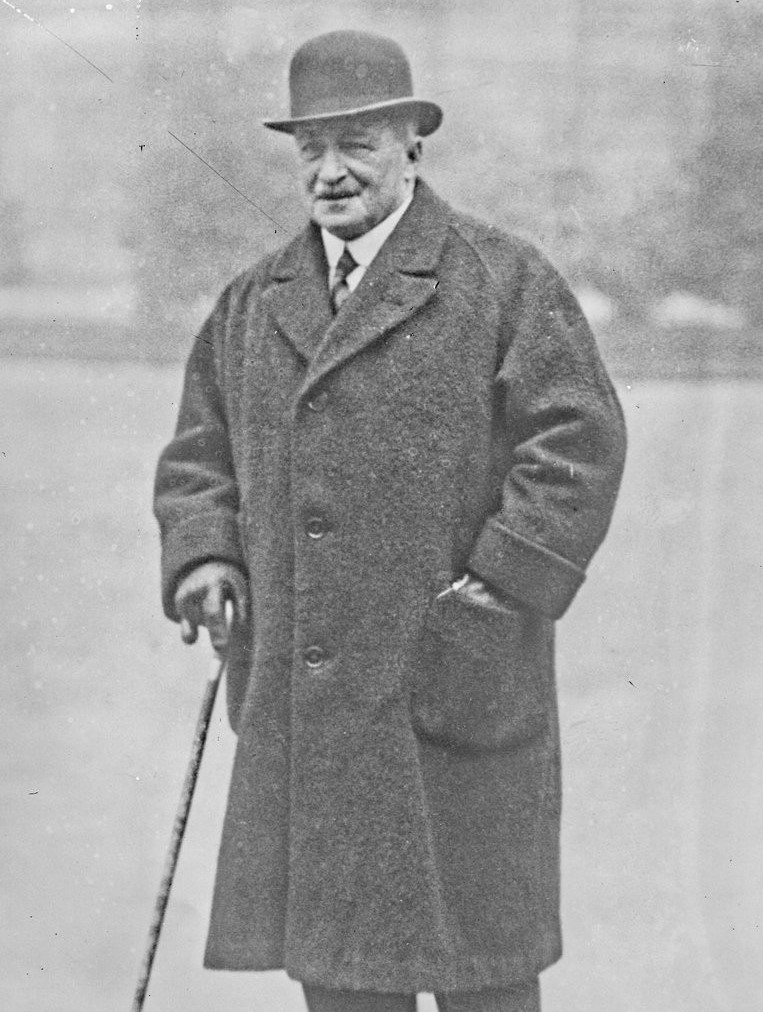
Courtesy of Bibliothèque nationale de France
(Joseph) Henry Greer (1855-1934)
(Joseph) Henry Greer was born in Moy, County Tyrone. He served in the British Army, mainly in India, where he developed an interest in horses.
He established a stud, Brownstown, in Tully, County Kildare, which he would later sell to the Aga Khan. He was appointed Director of the National Stud in 1917 and was steward of the Jockey Club and Irish Turf Club.
He was nominated to the Seanad by the President of the Executive Council in 1922, where he served as an Independent Member until 1928.
In his Seanad contributions he was concerned about the impact of the temporary accommodation of the Oireachtas in the Royal Dublin Society building on the society and the transportation of livestock.
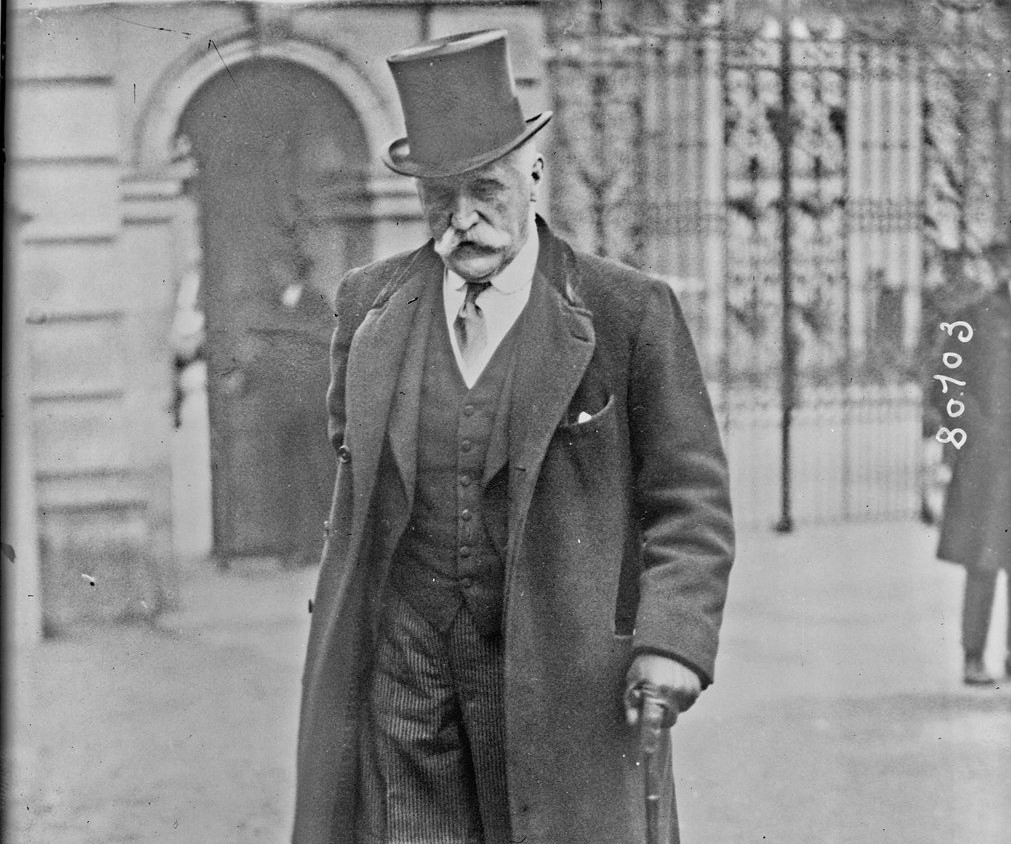
Courtesy of Bibliothèque nationale de France
Sir William Hutcheson Poë (1848-1934)
Sir William Hutcheson Poë was born in Donaghadee, County Down, and he later lived in County Laois. He was a British naval officer and he was one of the four landowners on the Irish Land Conference, 1902-1903. The Land Conference sought a solution to the Irish land question through engagement with tenant representatives.
Its recommendations formed the basis of the land purchase scheme set out in the (Wyndham) Land Act of 1903.
He was nominated to the Seanad by the President of the Executive Council in 1922 and served as an Independent Senator until 1925. As a Senator he made lengthy contributions to debates on the 1923 Land Bill.
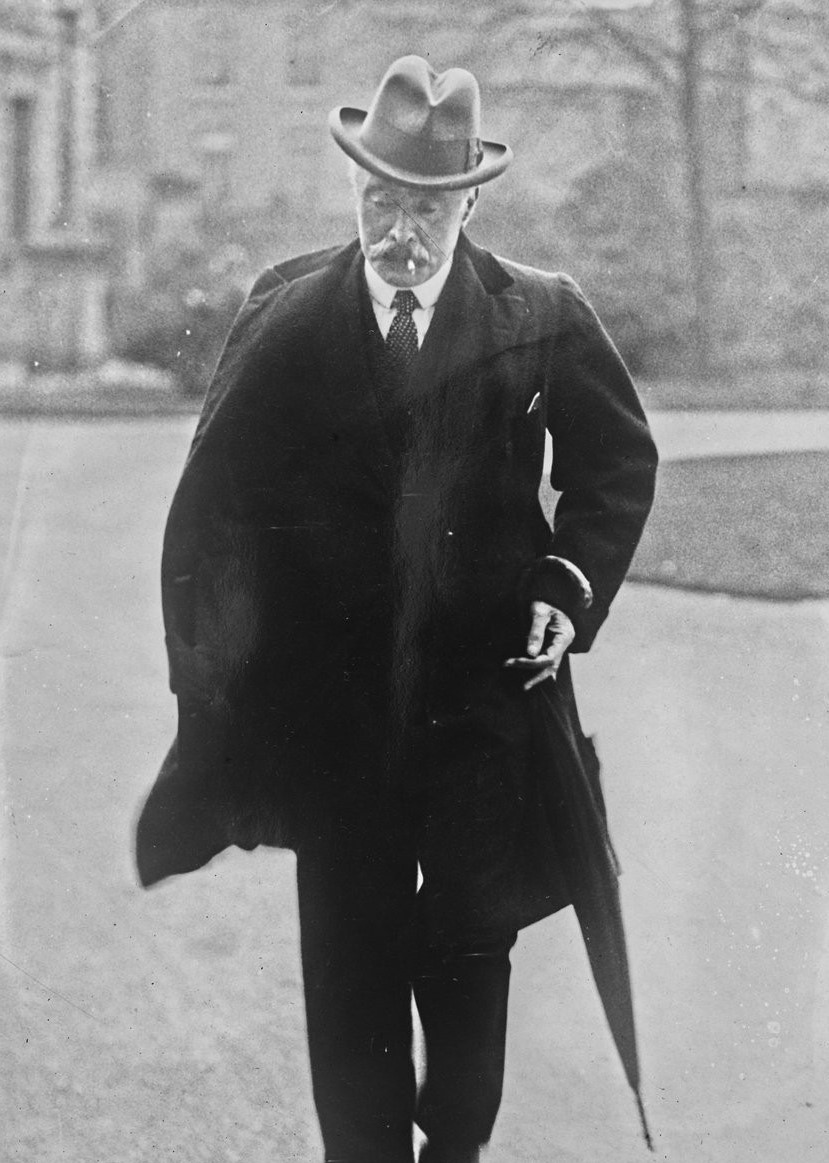
Courtesy of Bibliothèque nationale de France
Lord Glenavy (James Henry Mussen Campbell) (1851-1931)
Lord Glenavy (James Henry Mussen Campbell) was born in Dublin and was educated in Trinity College Dublin and King's Inn. He was created Lord Glenavy in 1921.
It is believed the title originated from his paternal grandfather, who served as a police constable in Glenavy, County Antrim.
He was a barrister at law who was made an Irish Queen's Counsel in 1892 and was elected Irish Unionist MP for the Dublin seat of St. Stephen's Green in 1898.
He was appointed Lord Chief Justice of Ireland in 1916. In 1922 he was nominated by the President of the Executive Council to the Seanad and was elected its first Cathaoirleach. His family home was set on fire twice by anti–Treaty forces during the Civil War.
He played an important role establishing how business should be held in the Seanad.
- See the Senator's Oireachtas membership history
- Read about the Senator at the Dictionary of Irish Biography
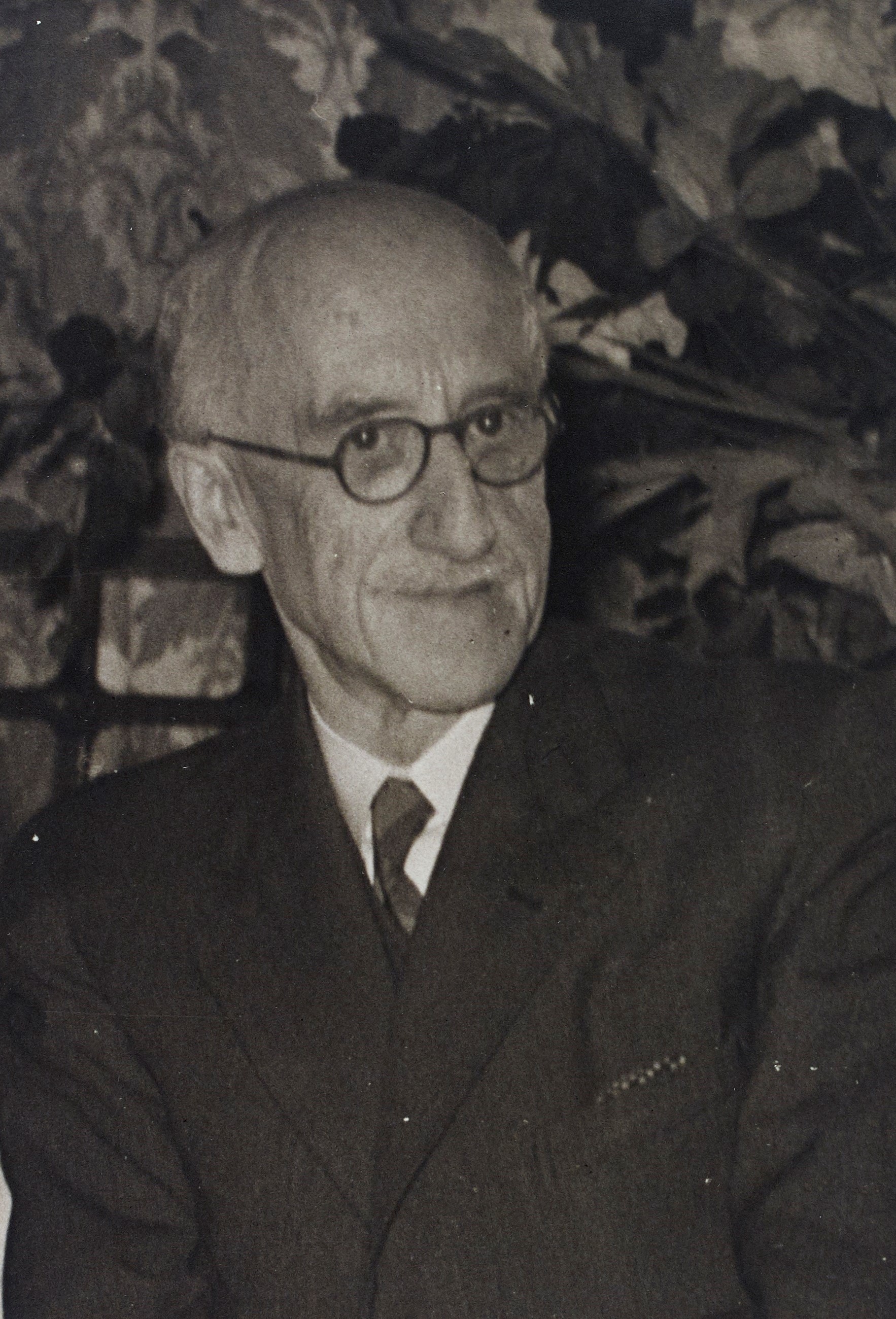
Courtesy of National Library of Ireland
James Green Douglas (1887-1954)
James Green Douglas was a Quaker businessman born in Dublin of family from County Tyrone.
He was a key figure in the Irish White Cross, established to distribute funds raised by the American Committee for Relief in Ireland.
He was appointed by Michael Collins as a member of the committee which prepared drafts for the first Irish constitution in 1922.
He was a member of Seanad Eireann from 1922-36 and 1938-1954 and he was elected Leas-Cathaoirleach from 1922 to 1925. He was nominated as an Independent in the First Seanad (1922-36), was later elected to the Industrial and Commercial panel and he also served as a Taoiseach’s nominee.
His Seanad contributions were on many diverse topics but he was particularly interested in international relations and world peace and represented Ireland at several international conferences, including the Congress of Europe in The Hague in 1948.
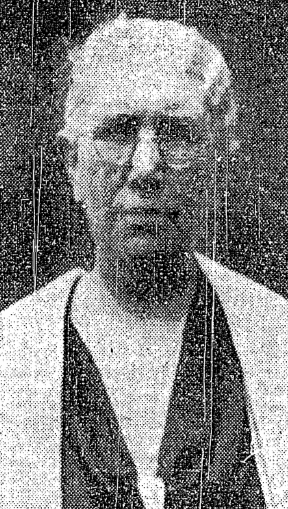
Courtesy of Irish Newspaper Archives
Helena Concannon (1878-1952)
Helena Concannon was born in Magherafelt, County Derry, and was a writer, historian and, later, politician. She studied modern languages in the Royal University of Ireland and later abroad at the Sorbonne University Paris, Berlin University and in Rome. She was active in the Gaelic League, where she was initially taught Irish by Pádraig Pearse.
She wrote and published books which centred on themes of religion, history, Irish women and their contributions to Irish life. Her writing was influenced by her nationalistic and religious views.
She served in consecutive Seanaid from 1938 to 1952 as a Member of Fianna Fáil on the National University of Ireland panel. In 1933 she was elected as a Fianna Fáil TD for the National University of Ireland constituency.
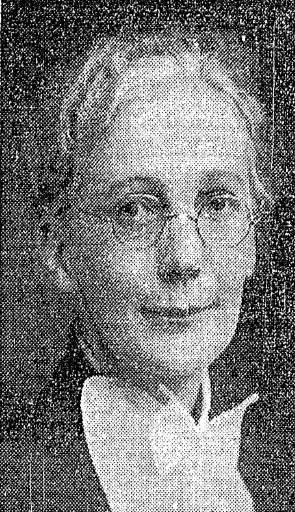
Courtesy of Irish Newspaper Archives
Linda Kearns MacWhinney (1888-1951)
Linda Kearns MacWhinney was born in Dromard, County Sligo, and trained as a nurse in Baggot Street Hospital in Dublin. She joined Cumann na mBan in 1914 and during the 1916 Rising opened a Red Cross field hospital. She worked as a despatch carrier and arms smuggler during the War of Independence.
She was arrested, sentenced to penal servitude and, owing to ill health, she was subsequently transferred from Mountjoy jail, from where she escaped in 1921.
She was a founding member of Fianna Fáil and was elected to the Second Seanad in 1938 on the Industrial and Commercial panel. Her only Seanad contribution concerned the extension of vocational organisations as nominating bodies, which she wished to see the include the Nursing Council. In 1951 she was awarded the Florence Nightingale medal in recognition of her services to nursing.
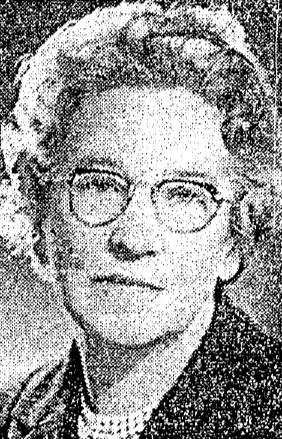
Courtesy of Irish Newspaper Archives
Mary Frances Davidson (1900-1986)
Born in Belfast, Mary Frances Davidson was a Labour Party Senator from 1950 to 1951 and from 1954 to 1969, elected to the Industrial and Commercial panel.
She was appointed general secretary of the Labour Party in 1962, making her the first female general secretary of any Irish political party.
Her Seanad contributions focused on labour relations, working conditions, and the conditions in small nursing homes. Her efforts lead to the Health (Homes for Incapacitated Persons) Act 1964 which provided for the regulation of nursing homes.
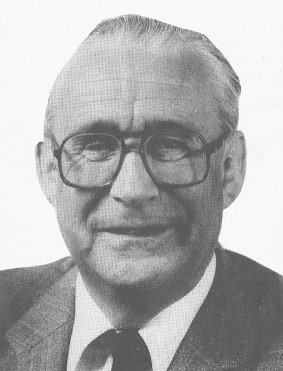
Courtesy of Alan Kinsella - Irish Election Literature
James Dooge (1922-2010)
James Dooge was born in Birkenhead, Liverpool, before his family moved to Dún Laoghaire, County Dublin, where he attended University College Dublin. He was an engineer and an academic and served as a Fine Gael Senator from 1961 to 1969 on the Labour panel and from 1969 to 1977 on the Industrial and Commercial panel.
He was a Taoiseach’s nominee from 1981 to 1982 and on the National University of Ireland panel from 1982 to 1987.
He was Cathaoirleach of the Seanad from 1973 to 1977 and Leas-Cathaoirleach from 1965 to 1973. He was Minister for Foreign Affairs from 1981 to 1982, making him one of only a small number of Members of the Seanad to be appointed a Cabinet Minister.
He played an important role in the development of the European Union and during the Irish presidency in 1984, he chaired what became known as the ‘Dooge Committee’ which reported to the European Council on the framework for institutional reforms within the EEC. He served as chairman of the Scientific Advisory Committee of the World Climate Impact Advisory Committee.
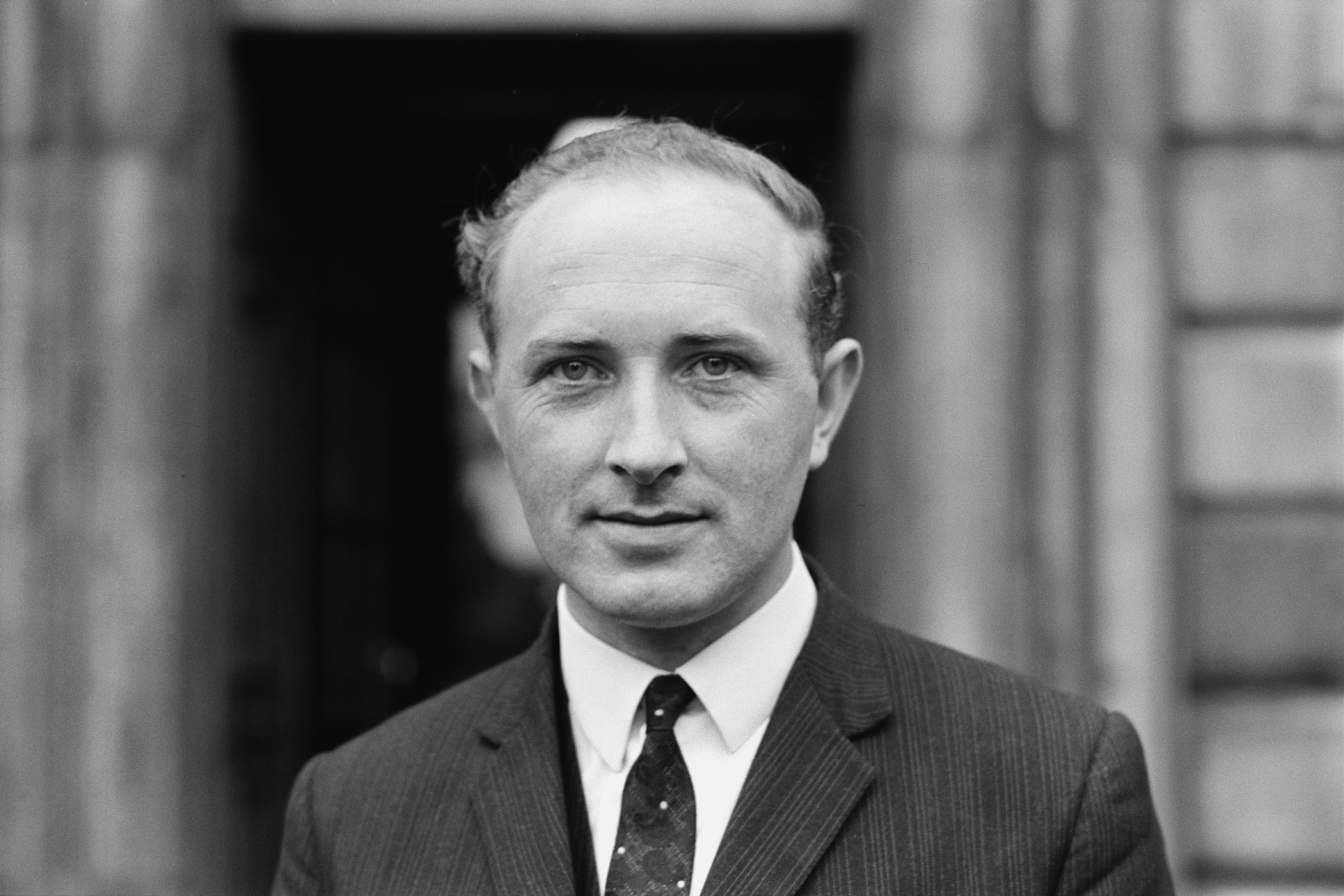
Courtesy of RTÉ Archives
Billy Fox (1939-1974)
Billy Fox was born in Castleblayney, County Monaghan, where he was a farmer and later Fine Gael politician who served as a Senator for the Cultural and Educational panel from 1973 to 1974.
A member of the Church of Ireland, he was critical of the British Army’s use of rubber bullets as a crowd-control measure and the cratering of Border roads.
He also contributed to Seanad debates on local government and farming.
On 11th March 1974 he was shot dead by IRA gunmen after he interrupted a raid on a County Monaghan farmhouse. He was the only Member of the Oireachtas to lose his life due to the Northern Ireland Troubles.
He has been described as “a fierce defender of civil rights across this island”. The Senator Billy Fox Memorial Park on the Monaghan-Cavan border is dedicated to his memory.
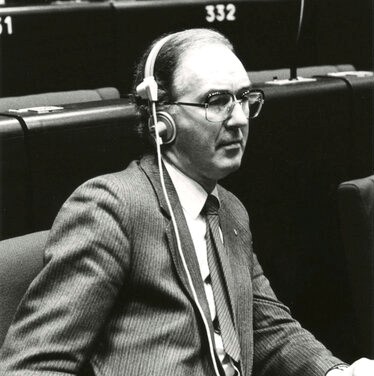
Courtesy of European Parliament Dublin
Brendan Halligan (1936-2020)
Brendan Halligan was born in Dublin and was an economist, politician and public affairs consultant.
He was general secretary of the Labour Party from 1967 to 1980 and a Labour Party Senator nominated by the Taoiseach from 1973 to 1976.
He founded the pro-European Union think-tank, the Institute of International and European Affairs (IIEA) and was a Member of the European Parliament from 1983 until 1984, specialising in economic affairs and energy policy.
He recognised that there are two distinct communities in Northern Ireland and prior to the outbreak of the Troubles he opened up contacts with both communities.
As general secretary of the Labour Party, he dissolved Labour Party branches in Northern Ireland in 1970 to assist in the formation of the SDLP.
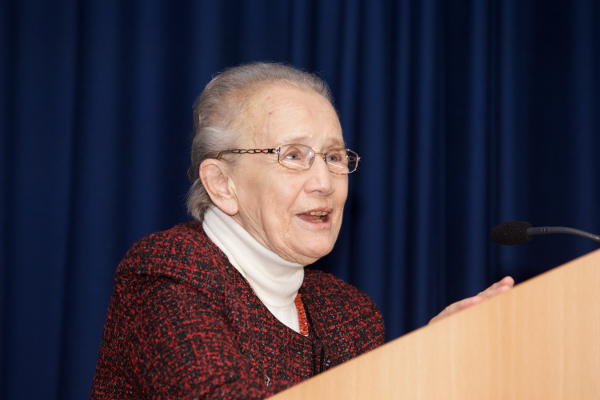
Courtesy of Wikimedia Commons
Catherine McGuinness (1934- )
Catherine McGuinness was born in Belfast. She is the first person to progress from the Circuit Court to the High Court to the Supreme Court.
She was also President of the Law Reform Commission and a member of the Council of State on two occasions.
She has been active in the Church of Ireland, where she served as Diocesan Chancellor for Dublin and Glendalough for 20 years.
In the 1990s she chaired the Forum for Peace and Reconciliation in Dublin Castle, a consultative body with the goal of pursuing lasting peace and reconciliation by agreement among all the people of Ireland.
She was an Independent Member of the 14th, 15th and 17th Seanaid, elected to the University of Dublin panel. In the Seanad she advocated for family law reform.
In 2014 she addressed the Seanad on children’s rights in Ireland and in 2018 addressed the Committee on Justice and Equality as a witness during pre-legislative scrutiny on the General Scheme on the Thirty-Eighth Amendment of the Constitution (Role of Women) Bill.
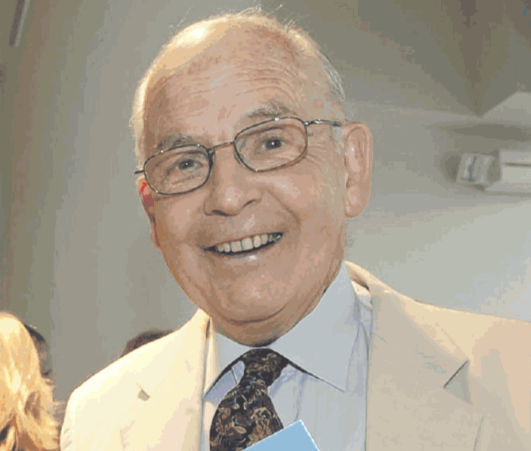
Courtesy of Irish Newspaper Archives
John Robb (1932-2018)
John Robb was an Independent Senator in the Seanad from 1982 to 1989, as Taoiseach’s nominee of Charles Haughey (twice) and Garret Fitzgerald, respectively. A Presbyterian from Ballymoney, County Antrim, he was a consultant surgeon at Belfast’s Royal Victoria Hospital, performing life-saving procedures for bomb victims at the time of the Northern Ireland conflict or “Troubles” in the 1970s.
He was a pioneer in seeking a resolution of Northern Ireland’s problems via an all-Ireland agreement for a new Ireland.
In 1972 he established the New Ireland Movement and in 1982 he co-founded the New Ireland Group which sought to promote new thinking among unionists and nationalists all over Ireland. He presented an initiative developed by politicians both north and south to the New Ireland Forum. While the Forum’s 1984 report was widely unpopular at the time, it was later seen as leading to the 1985 Anglo-Irish Agreement between the United Kingdom and Republic of Ireland aimed at ending the Troubles.
In his retirement he taught himself Irish to a very high standard.
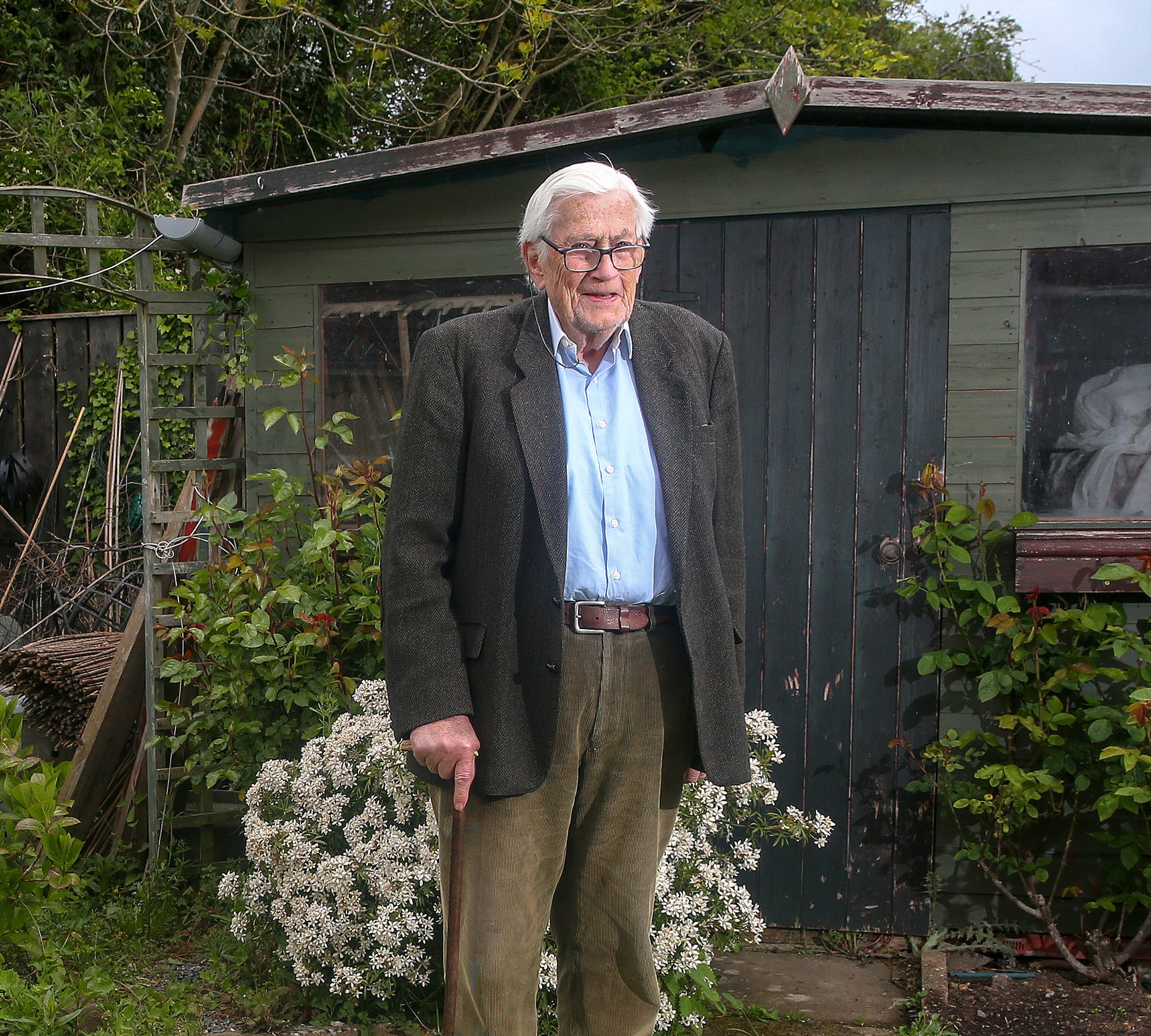
Courtesy of Irish News
Seamus Mallon (1936-2020)
Seamus Mallon was an Independent Senator nominated to the 16th Seanad by the Taoiseach, Charles Haughey, in 1982.
He was headmaster of St. James's Primary School in his hometown of Markethill, County Armagh, where he became involved in the civil rights movement.
Originally from a republican background, he eschewed violence and helped form the anti-sectarian Social Democratic and Labour Party (SDLP) in 1970 and was deputy leader from 1979 to 2001.
He served as Deputy First Minister of the then newly created power-sharing Northern Ireland Assembly (1998-2001). His desire along with his SDLP colleagues was to try to create “something new”.
In the Seanad he stressed the duty of politicians not only to condemn violent attacks, but to find a lasting political solution to end the violence and slaughter. He advocated for cross-Border co-operation and joint action in furthering Ireland’s shared heritage as well as in resolving local border-area issues.
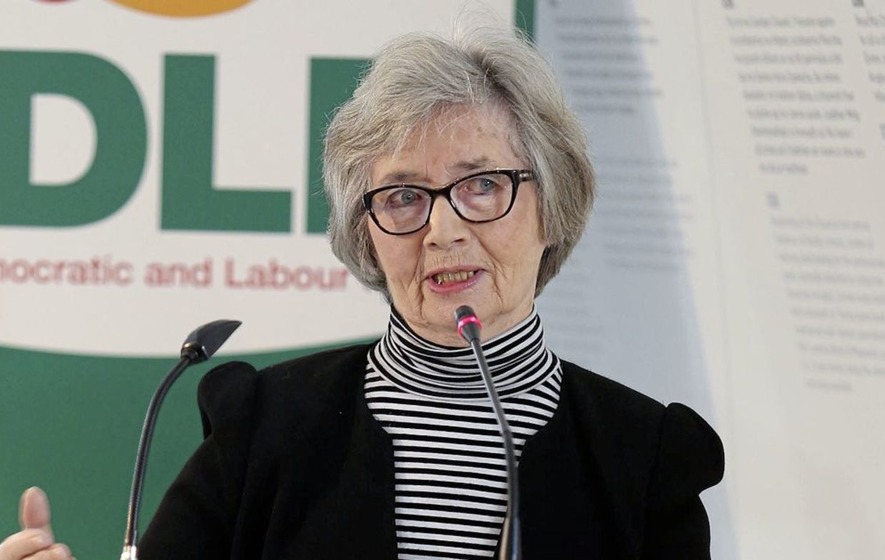
Courtesy of Irish News
Bríd Rodgers (1935- )
Bríd Rodgers is a former Independent Senator nominated to the 17th Seanad (1983-1987) by the Taoiseach, Garret Fitzgerald.
She is from the Gaoth Dobhair, County Donegal, Gaeltacht area and studied languages at University College Dublin before becoming a teacher in Dublin and Donegal.
She became a “Southern Northerner” on moving to County Armagh with her husband Antoin Rodgers around 1960. There her desire to help vulnerable people drove her involvement in the Campaign for Social Justice and the Northern Ireland Civil Rights Association.
She was successively chairperson, general secretary and deputy leader of the Social Democratic and Labour Party (SDLP) and was a leader in the talks that led to the 1998 Good Friday Agreement. In the Seanad she was unequivocal in condemning atrocities in Northern Ireland and she took a liberalising stance in the debate on access to contraception.

Courtesy of Irish Newspaper Archives
Stephen McGonagle (1914-2002)
Stephen McGonagle was an Independent Senator nominated to the 17th Seanad (1983-1987) by the Taoiseach, Garret Fitzgerald. With Donegal roots, he grew up in Derry and worked in the dockyards as a plumber. Prompted by the poverty he saw, and the low wages paid to mainly women workers in the city’s shirt-making industry, he became secretary of the Derry branch of the National Union of Tailors and Garment Workers.
He was a unifying influence within the trade union movement on the island of Ireland and between the Labour Party and the trade unions.
In 1972 he was president of the Irish Congress of Trade Unions (ICTU). Also in the 1970s he served as Northern Ireland Parliamentary Commissioner for Administration and Complaints or “Ombudsman”, the first Catholic and non-civil servant to hold such a post.
In the Seanad he was the Labour Party whip. He contributed to the New Ireland Forum and said of the report, “The work of the Forum must be regarded as a unique exercise: a positive, well-thought-out contribution to progress in a most difficult situation.”
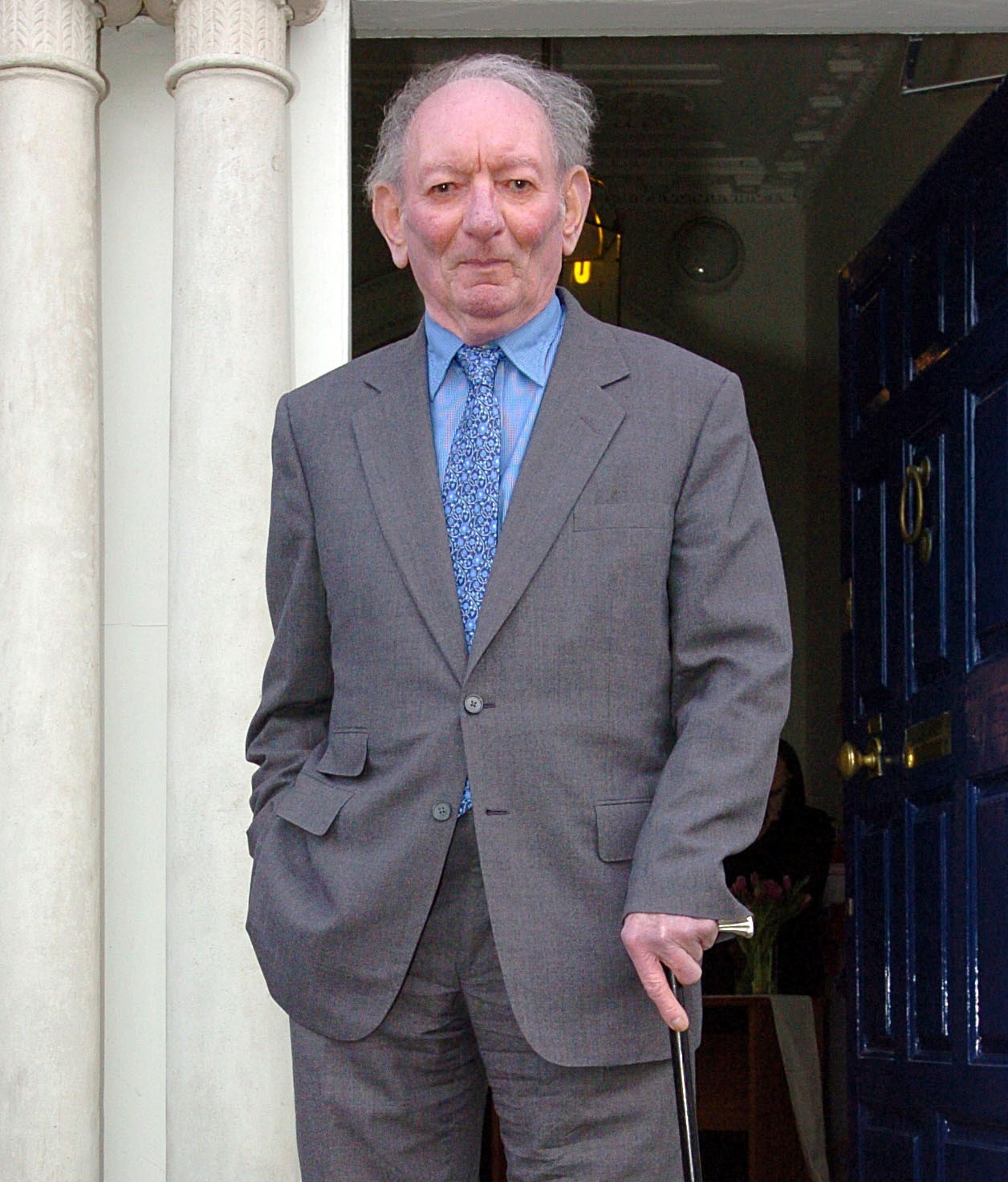
Courtesy of Collins Photo Agency
Brian Friel (1929-2015)
Brian Friel was an Independent Senator nominated to the 18th Seanad (1987-1989) by the Taoiseach, Charles Haughey. He grew up in Omagh, County Tyrone, and Derry where he taught before taking up writing full time.
In 1980 he co-founded the Field Day Theatre Company in Derry as a cultural and intellectual response to the political crisis in Northern Ireland.
He was a supporter of Irish nationalism. His prolific output of plays, short stories and essays dealing with political, social and identity aspects of Irish life earned him numerous awards globally.
In 2006 President Mary McAleese presented him with a gold torc in recognition of his election as Saoi or “wise one” by Aosdána, the highest honour the outstanding artists’ association bestows in Ireland.
In the Seanad on 27 January 2016 Senator Paul Bradford paid tribute: “Brian Friel … forced us all to try to look in a broader fashion at the conflict on the island and … to try to accept that change, compromise and movement would be required. … Different voices … were very helpful in making us look at some of the big problems in a new light.”
No words in more than twenty-five years of violence in Northern Ireland had such a powerful, emotional impact.
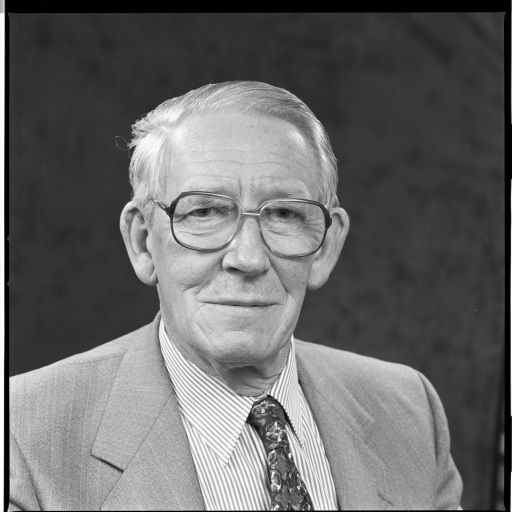
Courtesy of Boston College
Gordon Wilson (1927-1995)
Gordon Wilson was an Independent Senator nominated to the 20th Seanad (1993-1995) by Taoiseach Albert Reynolds. He died while in office in 1995.
He was a Methodist born in Manorhamilton, County Leitrim, and, after completing his education in Dublin, worked in his family’s business in Enniskillen, County Fermanagh.
While attending the World War commemoration ceremony at the Enniskillen cenotaph on 8 November 1987 he was injured and his daughter Marie was killed by an IRA bomb blast.
He rose to political prominence for publicly forgiving the perpetrators, his peace advocacy and his initiation of talks with paramilitaries on both sides. In the Seanad he spoke for peace in a number of Northern Ireland-related debates.
He attended the Forum for Peace and Reconciliation, established in Dublin in 1994 to pursue lasting peace and reconciliation by agreement among all the people of Ireland, in a personal capacity.
- See the Senator's Oireachtas membership history
- Read a learning resource about the Senator from Northern Ireland's CCEA
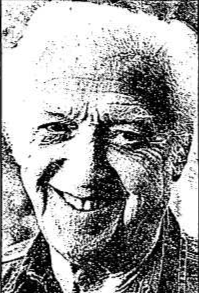
Courtesy of Irish Newspaper Archives
Sam McAughtry (1921-2014)
Sam McAughtry was a writer, broadcaster, trade union representative and a member of the Northern Ireland Labour Party. Born in Tiger’s Bay, Belfast, he was a member of the Protestant community.
He became a Member of Seanad Éireann in 1996 as the first person from Northern Ireland to be elected rather than appointed to the Seanad.
In 1989 he became founding chairman of the Peace Train campaign, an organisation set up in both the Republic of Ireland and Northern Ireland in response to the repeated bombing of the Dublin to Belfast railway line.
His Seanad contributions were often on issues relating to Northern Ireland and he was strongly critical of the IRA. In his maiden speech he referred to himself as a ‘hybrid unionist’ who has happy to live in the United Kingdom and also to proclaim his Irishness.
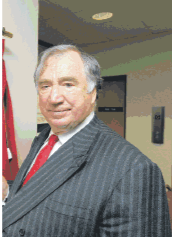
Courtesy of Irish Newspaper Archives
Edward Haughey (1944 -2014) (Lord Ballyedmond)
Edward Haughey (Lord Ballyedmond) was born in County Louth and a businessman who founded Norbrook International, a pharmaceutical company based in Newry, County Down.
He was the first chairperson of the Irish Aviation Authority.
He was nominated to the Seanad by the Taoiseach from 1994 until 2002 and was simultaneously a member of the Ulster Unionist Party and a Fianna Fáil Senator.
He also sat in the British House of Lords in 2004 as a crossbench, then Conservative Party, peer making him only the third politician in 80 years to sit in both Ireland and the United Kingdom’s upper houses.
His Seanad contributions were mostly on topics concerning Northern Ireland, Science and Technology. “Northern Ireland is on course for disaster over these marching weeks if these issues are not addressed. Compromise is the order of the day and should not be viewed as defeat. Compromise is not a policy of the weak but of those who hold strength”.
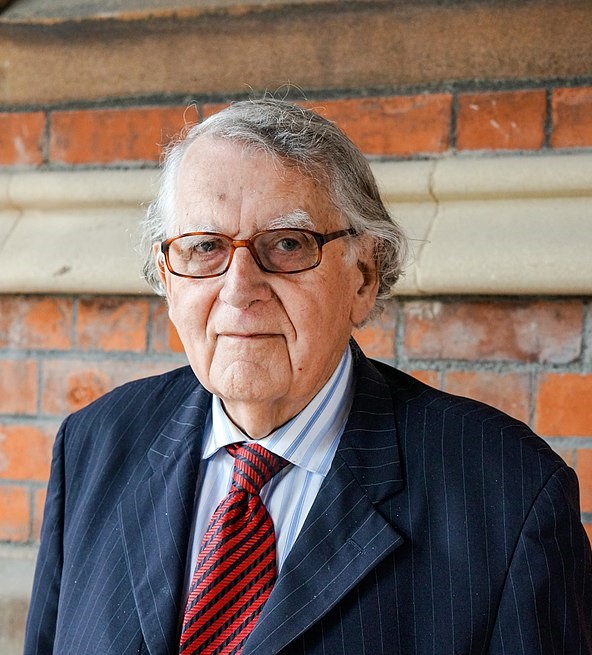
Courtesy of Wikimedia Commons
Dr. Maurice Hayes (1927-2017)
Dr. Maurice Hayes was from Killough, County Down, and educated at Queens University, Belfast.
He was a member of the Independent Commission on Policing in Northern Ireland, known as the Patten Commission, which helped to reform the RUC into the present day PSNI.
He was an Independent Member of the 21st and 22nd Seanad from 1997 to 2007, nominated by the Taoiseach, and spoke on a wide array of topics including public administration, the peace process and policing. He served as Chairman of the National Forum on Europe in the Republic of Ireland.
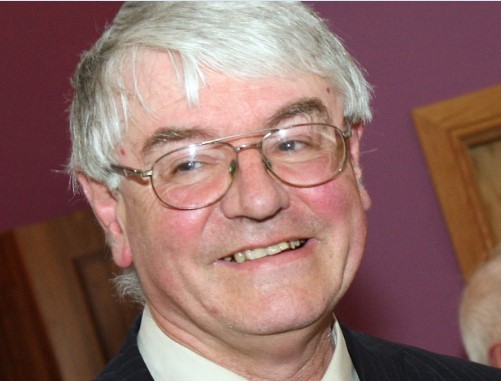
Courtesy of James Connolly/Model Niland
Dr. Martin Mansergh (1946- )
Dr. Martin Mansergh was born in Woking, Surrey, to an Anglo-Irish family.
In 1974, he joined the Department of Foreign Affairs and from 1981 to 2002 was Fianna Fáil director of research and special advisor on Northern Ireland.
He played a major role in the negotiation of the IRA ceasefire and the talks that led to the Good Friday Agreement. He was elected a Senator for the Agricultural panel from 2002 to 2007, where he was Fianna Fáil spokesperson on Finance. As a Senator he spoke on a wide range of topics, including the economy, foreign affairs, Northern Ireland and the Peace Process.
In a Seanad debate regarding the implementation the Good Friday Agreement he noted that although the path to peace was not smooth “it is still a vast improvement on the endless coffins, shattered lives and the broken limbs of the 30 year conflict."
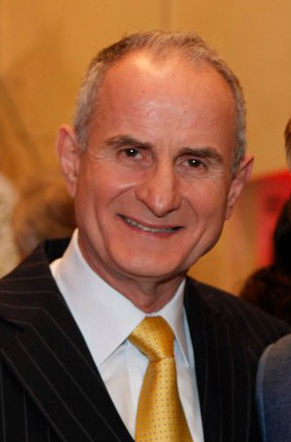
Courtesy of Houses of the Oireachtas
Martin McAleese (1951- )
Martin McAleese was born in Belfast. He is the husband of former President of Ireland, Mary McAleese. In 1972 McAleese moved to Dublin and trained as an accountant and later, as a dentist.
During the McAleese Presidency, he was an influential figure in assisting loyalist groups to participate in the peace process.
He was nominated by the Taoiseach as an Independent Senator in the 24th Seanad in 2011.
During his time as a Senator he focused on issues such as social, personal and health education in schools and in the promotion of peace and reconciliation on the island of Ireland.
He was appointed Chair of the Inter-Departmental Committee to establish the facts of State Involvement with the Magdalene Laundries.
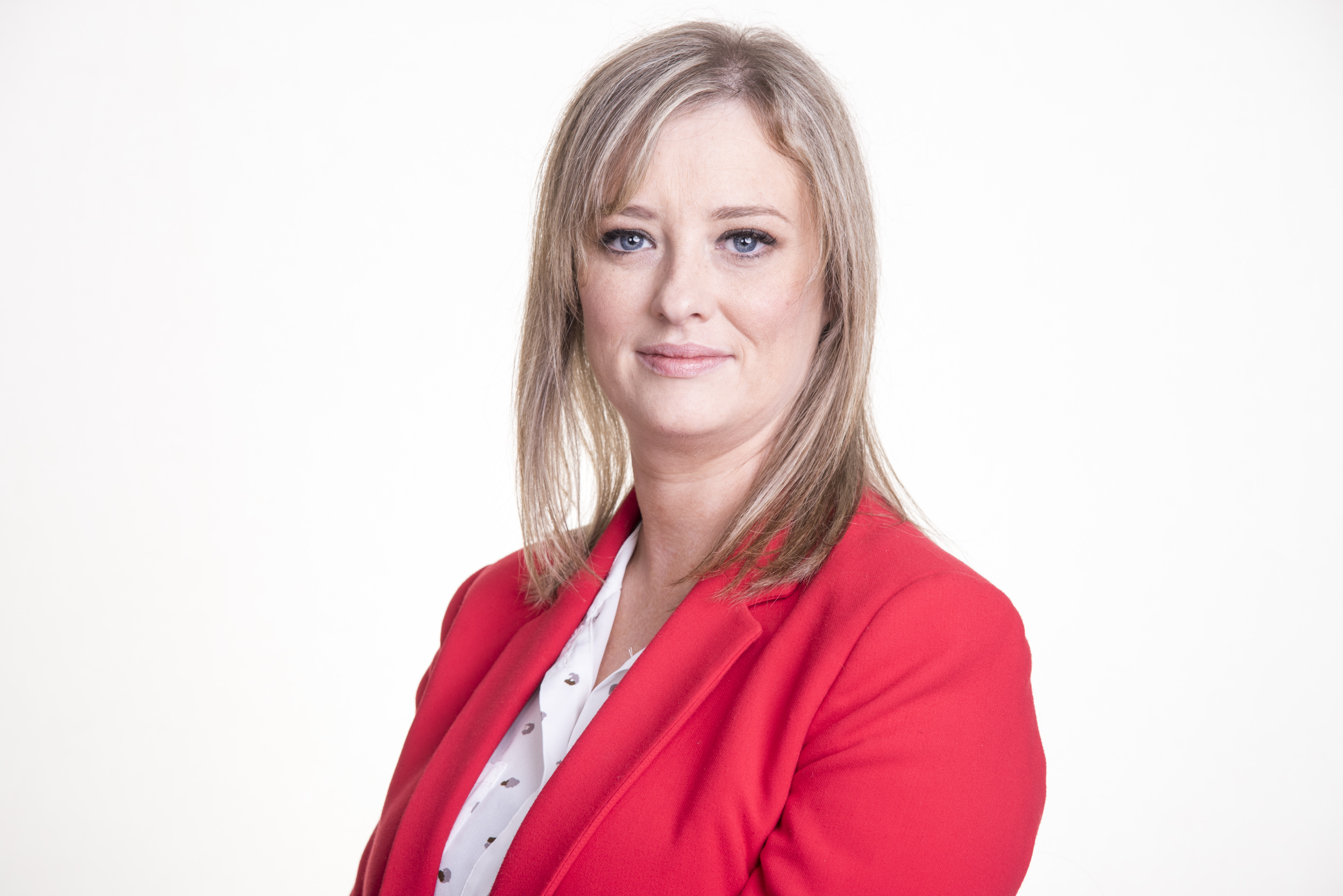
Courtesy of Houses of the Oireachtas
Máiría Cahill (1981- )
Máiría Cahill was born in West Belfast. In 2014 she waived her legal right to anonymity relating to claims of sexual abuse in the BBC Northern Ireland documentary ‘Spotlight – A Woman Alone With the IRA’. The story was reported extensively in the media and debated in the Northern Ireland Assembly and the Houses of the Oireachtas.
In 2015 she joined the Labour Party and that same year was elected to the 24th Seanad on the Industrial and Commercial Panel.
As a Senator she contributed to debates on domestic violence, sexual offences and legacy issues from the troubles in Northern Ireland. She supported the Criminal Law (Sexual Offences) Bill 2015. Speaking at Report stage of this Bill “As a victim of sexual abuse, it is hugely important legislation that will protect not only children but also women. I express my support for the Bill in its entirety.”
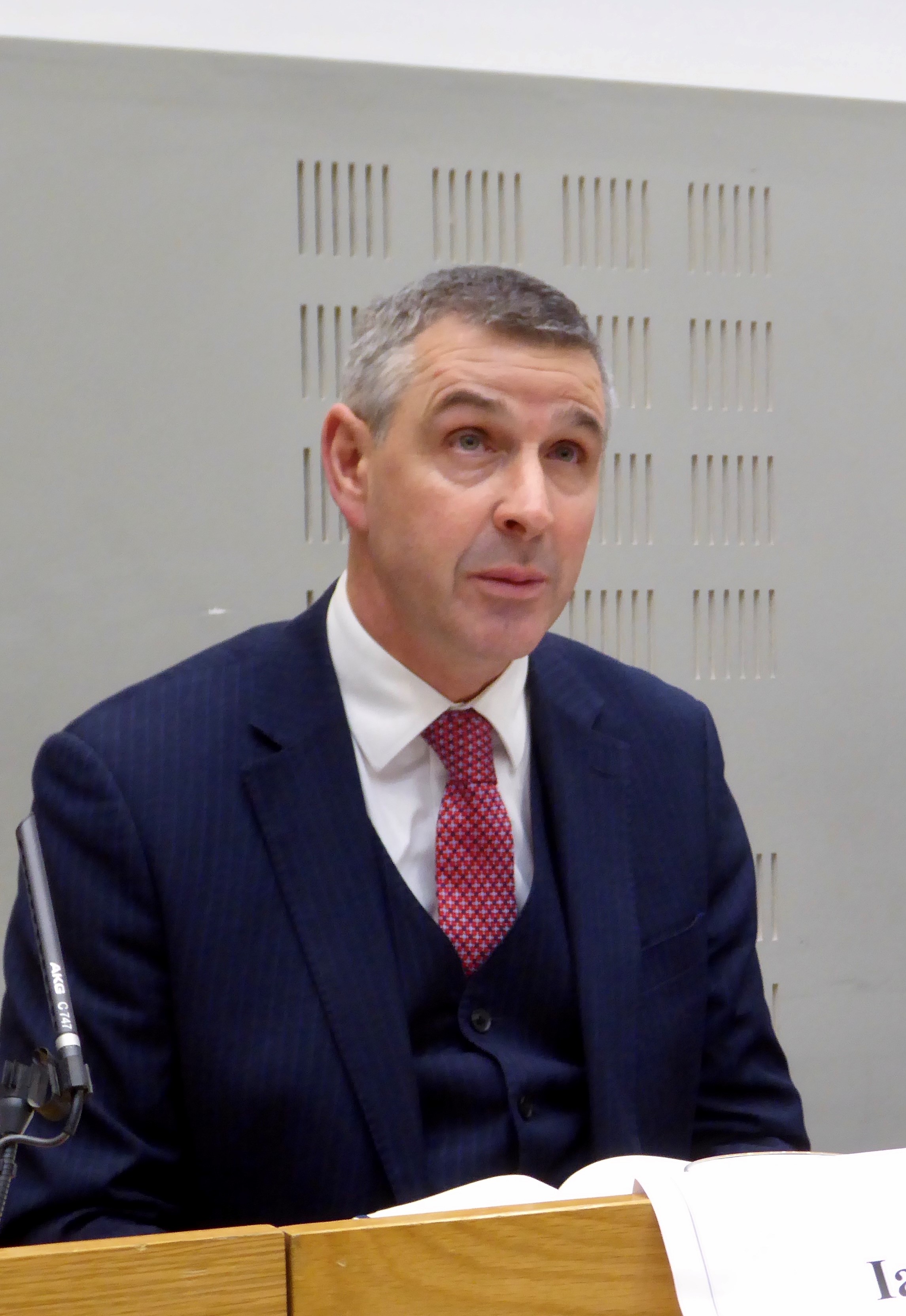
Courtesy of Houses of the Oireachtas
Ian Marshall (1968- )
Ian Marshall was born in Markethill, County Armagh. He is a dairy farmer and served as president of the Ulster Farmers' Union from 2014 to 2016.
He was elected to the 25th Seanad as an Independent in a 2018 bye-election on the Agricultural panel, the first ever Ulster Unionist elected, as opposed to nominated, to the Seanad.
As a Senator he was a member of the Joint Committee for Climate Change and Environment, and the Joint Committee for Rural and Community Development.
He was opposed to Brexit and in 2019 in Seanad Statements on the Withdrawal of the United Kingdom from the European Union he said: “It takes strong leaders to make hard decisions. It takes stronger leaders to admit when they have been misguided and have got things wrong”.
- See the Senator's Oireachtas membership history
- Browse the Senator's contributions to Oireachtas debates